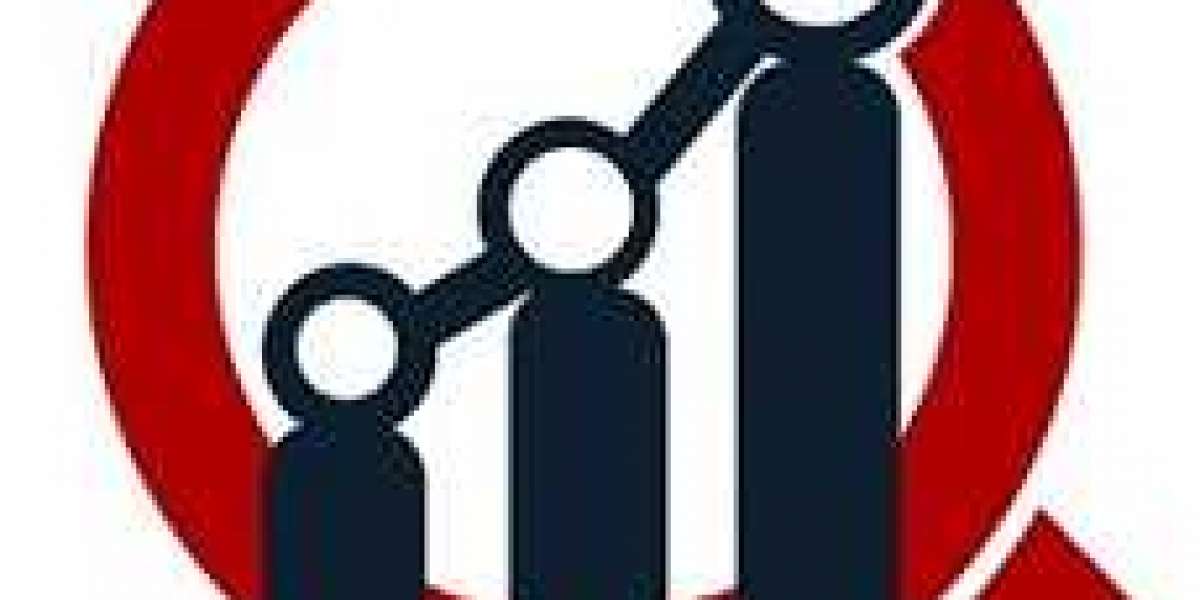Misusing prescription drugs can lead to addiction
Many prescription drugs can lead to addiction, including sedatives, tranquilizers, and opioid pain relievers. People who misuse these medications often seek them out to treat symptoms of underlying illnesses, or they may use them in higher doses than prescribed. Others are dependent on the drugs because they feel euphoric after taking them. Whatever the reason, the risks of addiction are real, and it's important to seek help as soon as possible.
If you think that someone you know is abusing prescription drugs, seek help immediately. Your doctor may suggest an intensive rehabilitation program, counseling, and medications to curb drug cravings and treat withdrawal symptoms. You should also take precautions to secure your medications. In case of a medical emergency, call 911 immediately.
It affects all age groups
Prescription medication abuse is a major problem in the United States and is growing among children, teenagers, and adults. The problem is exacerbated by the availability of prescription drugs, which children and adolescents can steal from the medicine cabinet or purchase on the street. Many teens consider prescription drugs to be safer than illegal drugs, and they may even try them to treat pain. Some of these drugs are opiates, which are highly addictive and can cause coma or even death.
Prescription medication abuse can be prevented by working with doctors and family members. In addition to ensuring proper medication use, you should also dispose of old drugs in a safe manner. Educating others is also important. If your loved one does not know the risks of prescription drugs, he or she will be more likely to abuse them.
It causes withdrawal symptoms
If you suspect that you or a loved one may be experiencing withdrawal symptoms due to prescription drug abuse, it's best to talk to a professional. Withdrawal can be a very difficult process. A medical professional can offer you various treatment options that will help you deal with the symptoms. These include medications that can help with sleep and nausea. You can also engage in stress management activities.
Symptoms may range from aches and pains to depression, hallucinations, and delirium. They can be mild or severe, and can depend on the type of drug and its dosage. Some individuals may recognize withdrawal symptoms when they miss a daily cup of coffee or another habit-forming substance.
It causes hallucinations
Hallucinations are perceptions or sensations that are not real. When these experiences are triggered by a drug, a person may believe that they are seeing, hearing, or feeling things that do not exist. A common example of a hallucination is hearing voices, or seeing objects and people that are not really there.
Hallucinations are a symptom of prescription medication abuse. People who are on the drug experience visual or auditory hallucinations and may see or hear things that others cannot see or smell. These experiences may cause the person to act unusually, or even become aggressive and paranoid. If these symptoms are present, it is important to seek medical attention for the person. Drug tests can confirm that a drug has caused the symptoms.
It causes overdose
The danger of prescription medication abuse is very high and can lead to life-threatening complications. The type of medication and dose used are critical factors in determining the likelihood of overdose. In addition, alcohol use can increase the risk. Prescription painkillers, sedatives, and stimulants can all have potentially serious side effects, including abnormally high body temperature and liver damage. Overdose symptoms often include tremors, difficulty breathing, and confusion.
Overdoses of prescription drugs are a major public health concern, and they can be prevented with better education about drug safety. Although physicians and pharmacists try to keep these substances under strict control, they can sometimes fall into the wrong hands. This process, known as prescription drug diversion, causes prescription drug overdoses, both intentionally and accidentally.



